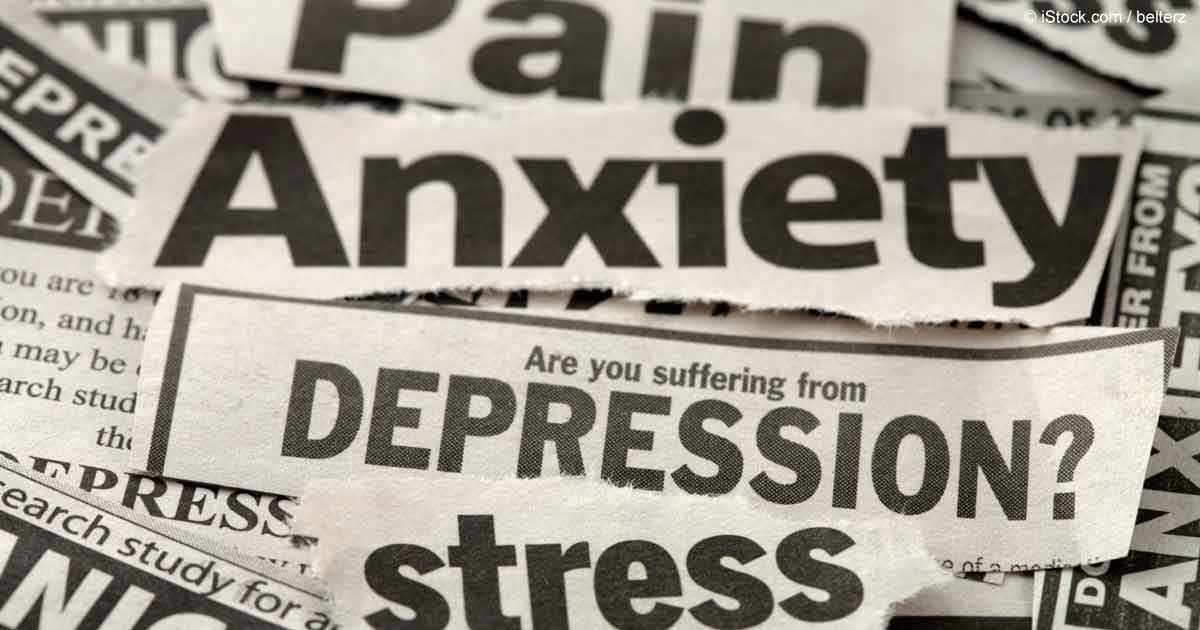Is It Stress, Anxiety or Depression? (The Guardian 24/10/2017)

Although anxiety, depression and work-related stress can be connected, they are different things. It is important to recognize that anxiety and depression are clinical health conditions, while stress is not. The World Health Organization defines work-related stress as: “The reaction people may have when presented with work demands and pressures that are not matched to their knowledge and abilities and which challenge their ability to cope”. Potential causes of work-related stress include:
- Working long hours or overtime, working through breaks or taking work home;
- Physically, mentally or emotionally demanding work;
- Work that is monotonous and dull and does not utilize a worker’s range of skills;
- Time pressures, including inadequate time and resources to complete jobs satisfactorily;
- Poor support from supervisors and co-workers;
- Lack of role clarity;
- Bullying, harassment, and discrimination;
- Poor communication;
- Job insecurity;
- Low levels of recognition and reward;
- Poorly managed change;
When work-related stress is prolonged or excessive, it can be a risk factor for anxiety or depression. Employers can reduce work-related stress by asking employees about factors that cause stress and taking action to reduce or eliminate these so far as is reasonably practicable.
For many people with anxiety and/or depression, concerns over colleagues’ reactions or a lack of support can add to existing stresses. Identifying and taking steps to minimize potential barriers will help both individual employees and the workplace as a whole. Factors which can make it difficult for an employee to remain at or return to work include:
- Stigma associated with mental health conditions;
- Perceived or actual lack of planning or support from employer;
- Fear that colleagues may find out about the diagnosis or have negative reactions;
- Reduced self-confidence associated with the episode of anxiety/depression;
- Uncertainty about the type of assistance managers or supervisors will provide;
- Fear of discrimination and impact on future career prospects;
- Concerns that causes of work-related stress have not been addressed.
Tips to support an employee at work
Because everyone’s circumstances are different, a plan to help someone return to work or stay at work will need to be tailored to the individual, taking into account some general points. A good question to ask yourself is: “What would we do it if it were a physical illness?” Many of the management principles are the same including:
- Offering support;
- Developing a plan to remain at or return to work;
- Being inclusive;
- Staying in touch;
- Addressing the causes;
- Setting clear expectations;
- Maintaining confidentiality and privacy;
Return to work or stay at work planning should be seen as an integral part of recovery from a mental health condition. Most people with anxiety and/or depression are able to keep working, with varying levels of support required. If an employee needs some time off as part of their recovery, its vital that their return to the workplace is effectively supported and managed. Employers and managers have a significant role to play in helping the person get back to work.
Reply back to bhakti@impactafya.com or call +255 754 694 643 with your feedback. We welcome your suggestions for corporate wellness tips you’d like to see covered in our future columns.
Bhakti Shah, MPH is the Founder and Managing Director of ImpactAfya Ltd, collaborating with Workplace Options and Mayo Clinic, USA to provide Corporate Wellness and EAP Solutions in East Africa. Bhakti is also the Advisor for the Africa Business Portal and the Past President of the American Chamber of Commerce in Tanzania.
Website: www.impactafya.com | Facebook, Instagram & Twitter: @impactafya
